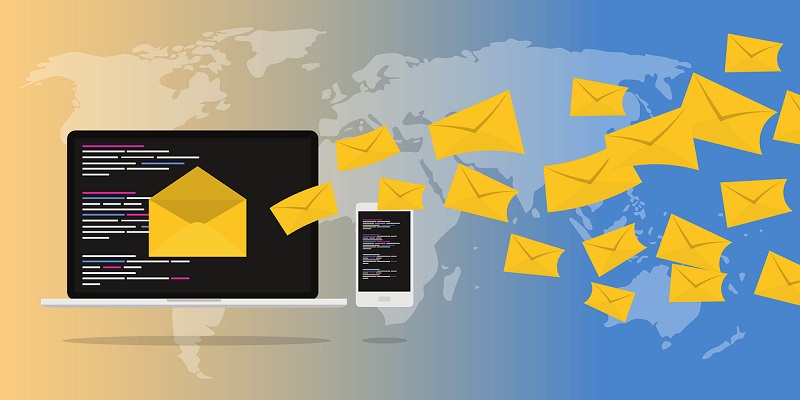With the ever-increasing focus on data privacy, businesses must adapt to stringent measures in order to maintain a competitive edge while respecting their customers’ privacy. In the realm of email marketing, it becomes crucial for marketers to understand and navigate these measures effectively. This article delves into the key strategies and practices marketers should embrace to uphold data privacy, foster trust among subscribers, and ultimately build enduring relationships.
Understanding the importance of stringent privacy measures for businesses
In the digital age, where data breaches pose significant threats to customer trust, it is vital for businesses to comprehend the significance of stringent privacy measures. Breaching customer privacy not only damages brand reputation but also leads to potential legal consequences. By prioritizing data privacy, businesses can differentiate themselves and gain a competitive advantage.
Ensuring Clear and Unambiguous Consent from Subscribers
As responsible marketers, obtaining clear and unambiguous consent from subscribers is paramount. Consent should be actively sought before initiating any marketing communications. Marketers must provide opt-in mechanisms with a clear explanation of what subscribers are consenting to receive. This approach fosters transparency and gives subscribers control over their data.
Transparency in Data Collection and Usage by Marketers
Marketers should adopt a transparent approach when collecting and utilizing customer data. Providing comprehensive information about data collection practices, informing subscribers about the purpose of data usage, and outlining measures taken to safeguard their information enhances trust. Transparency builds credibility and assures subscribers that their privacy is prioritized.
Securing email systems to protect data and subscribers
Email systems serve as a gateway for communication and data exchange, making their security paramount. Marketers should prioritize securing their email infrastructure against potential threats. Implementing stringent security protocols, utilizing encryption, and regularly monitoring for vulnerabilities safeguard both data and subscriber trust.
Tailoring email campaigns to address subscribers’ concerns about data privacy
Creating privacy-centered content is essential to alleviate subscribers’ concerns about data privacy. Marketers should acknowledge and address these concerns explicitly in their email campaigns. Assuring subscribers that their data is protected, clarifying how data is used, and emphasizing the value they receive in return builds trust and fosters engagement.
Collecting only necessary data for marketing efforts
In the era of excessive data collection, marketers should embrace the principle of data minimization. Collecting only the necessary data for marketing efforts reduces risks associated with data breaches and strengthens customer trust. By focusing on obtaining relevant and meaningful information, businesses demonstrate respect for subscribers’ privacy.
Implementing Data Protection Impact Assessments to Mitigate Risks
To effectively mitigate data privacy risks, marketers must conduct data protection impact assessments. These assessments help identify potential vulnerabilities, evaluate the impact of data processing activities on privacy, and implement appropriate measures for risk mitigation. Regular assessments enable continuous improvement and reinforcement of data privacy practices.
Building Enduring Relationships with Subscribers through Permission-Based Marketing
Understanding the nuances of permission-based marketing is pivotal for businesses striving to build enduring relationships with their subscribers. By obtaining explicit consent and delivering personalized, valuable content, marketers can nurture trust and loyalty. Respectful and relevant interactions build a positive brand perception and motivate subscribers to remain engaged.
Providing Clear and Comprehensive Information about Data Collection and Safeguards
Marketers should provide subscribers with clear and comprehensive information about the types of data collected, how it is used, and the rigorous measures taken to safeguard it. This transparency reassures subscribers that their data is handled responsibly, fostering trust and confidence in the brand.
Promoting Trust and Credibility through Data Minimization
By adhering to the principle of data minimization, marketers can foster trust and credibility while mitigating the risks associated with excessive data collection. Respect for privacy and individuals’ data choices creates a strong foundation for long-term relationships. Prioritizing data minimization strengthens brand reputation and positions businesses as trustworthy custodians of sensitive information.
In an era of heightened privacy concerns, businesses must address data privacy requirements to uphold customer trust in email marketing. By understanding and implementing stringent privacy measures, obtaining consent, being transparent in data practices, and embracing data minimization, marketers can build enduring relationships while ensuring privacy. Safeguarding customer trust becomes the cornerstone for continued success in the ever-evolving landscape of email marketing.

